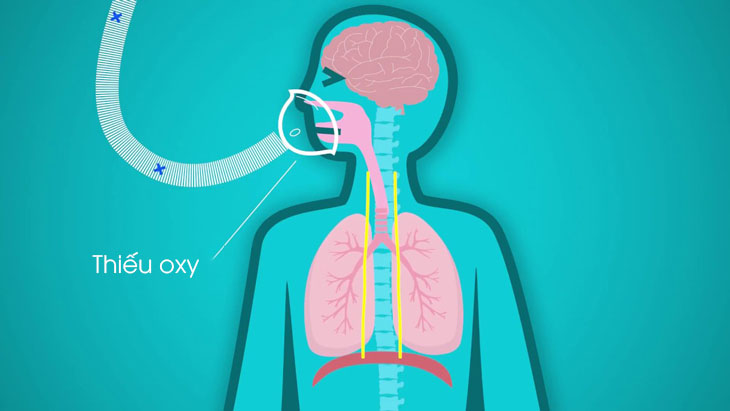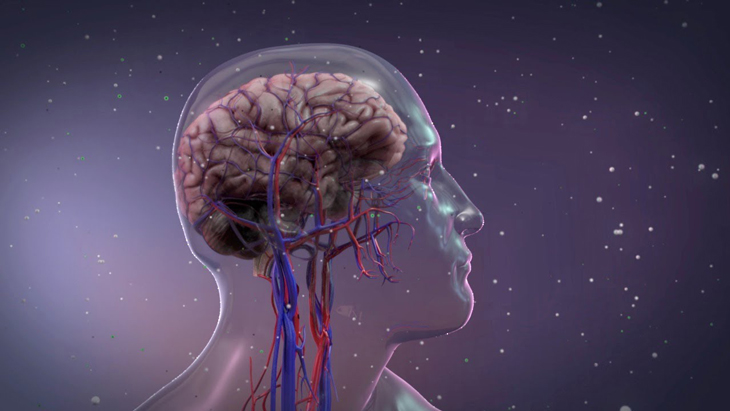Signs of Oxygen Deprivation in the Body
When the body lacks oxygen, it can lead to disturbances in respiratory activity and the oxidation process. The following signs indicate a lack of oxygen:
- Restlessness and agitation in the body.
- Rapid, shallow, and potentially difficult breathing.
- Increased heart rate.
- Blurred vision.
- Physical fatigue, sweating, headache, and nausea.
- Decreased consciousness and lethargy.
- Fluctuations in blood pressure.
- Decreased muscle tone, coordination, and strength.

Causes of Oxygen Deprivation in the Body
Lack of Oxygen Due to Respiration
Respiratory hypoxia occurs when you are in an environment with thin air, such as during flights, climbing high altitudes, or residing in mountainous areas. The symptoms of respiratory hypoxia include:
- Increased fatigue, headaches, memory impairment, slow reflexes, nausea, and irregular heartbeat due to reduced oxygen levels and increased CO2 at high altitudes.
- Visual and auditory disturbances can also occur.
- At altitudes above 6000m, the body may be deprived of oxygen, potentially leading to death.

Lack of Oxygen Due to Disorders of Cellular Respiration
Disorders in the respiratory enzyme system can disrupt the redox process of cellular respiration, leading to oxygen deprivation in the body. This can result in hypoxia when certain chains of reactions, such as H exchange and electron transfer, are disrupted.

Lack of Oxygen Due to Illness
Various heart, lung, and blood-related diseases can reduce the body’s ability to carry oxygen, leading to hypoxia. Some examples of diseases that can cause hypoxia include high blood pressure, heart failure, shock, excessive blood loss, collapsed lung, pneumonia, hemangioma, atrial septal defect, ventricular septal defect, and anemia that impairs blood flow and oxygen transport.

Preventive Measures for Oxygen Deprivation in the Body
- To prevent hypoxia due to respiration, avoid going to high-altitude areas where the oxygen supply may be insufficient for proper respiratory functioning.
- To prevent oxygen deprivation due to disorders of cellular respiration, consume foods rich in protein, sugar, fat, vitamins, and minerals to support the body’s metabolic processes and avoid poisoning from chemical imbalances. Adequate nutrition can also help in treating infections and poisoning.
- To prevent oxygen deprivation due to pathological conditions, avoid activities that may release harmful gases, such as operating motorbikes or using coal stoves in enclosed spaces with limited airflow.

The above article provides information on the signs, causes, and preventive measures for hypoxia. It aims to assist individuals in managing respiratory-related conditions. If you have any further questions, please leave a comment below!


































